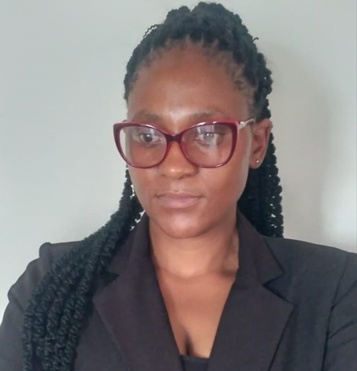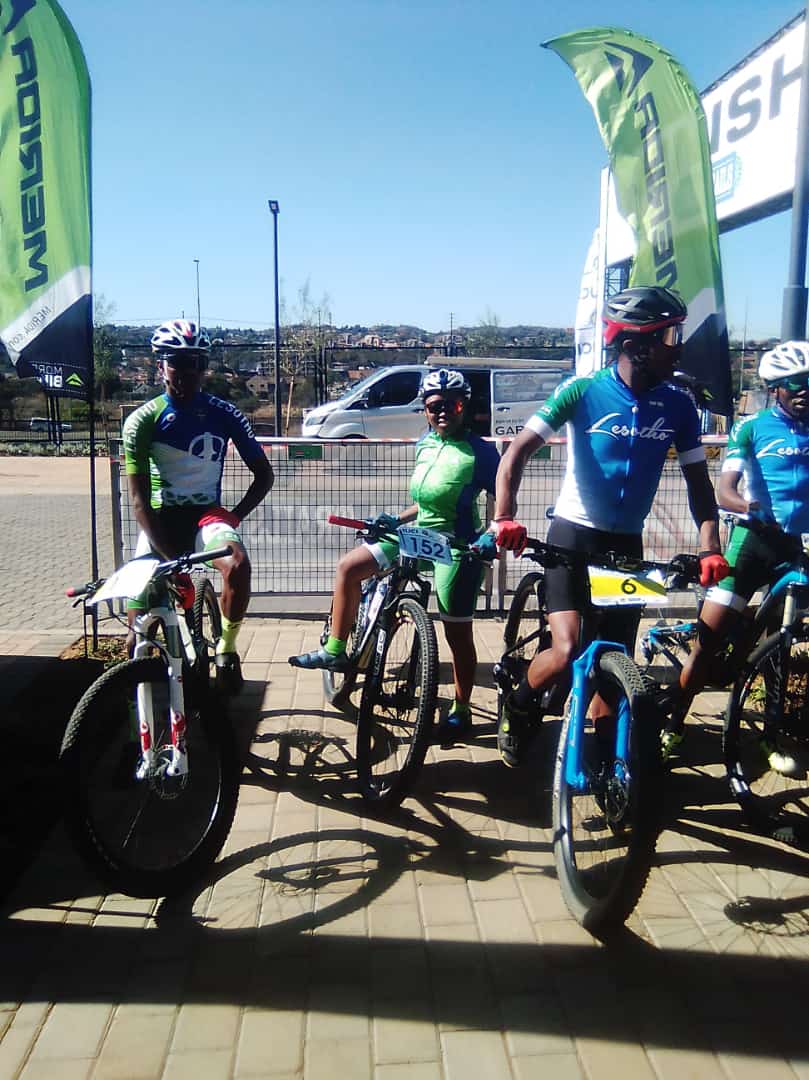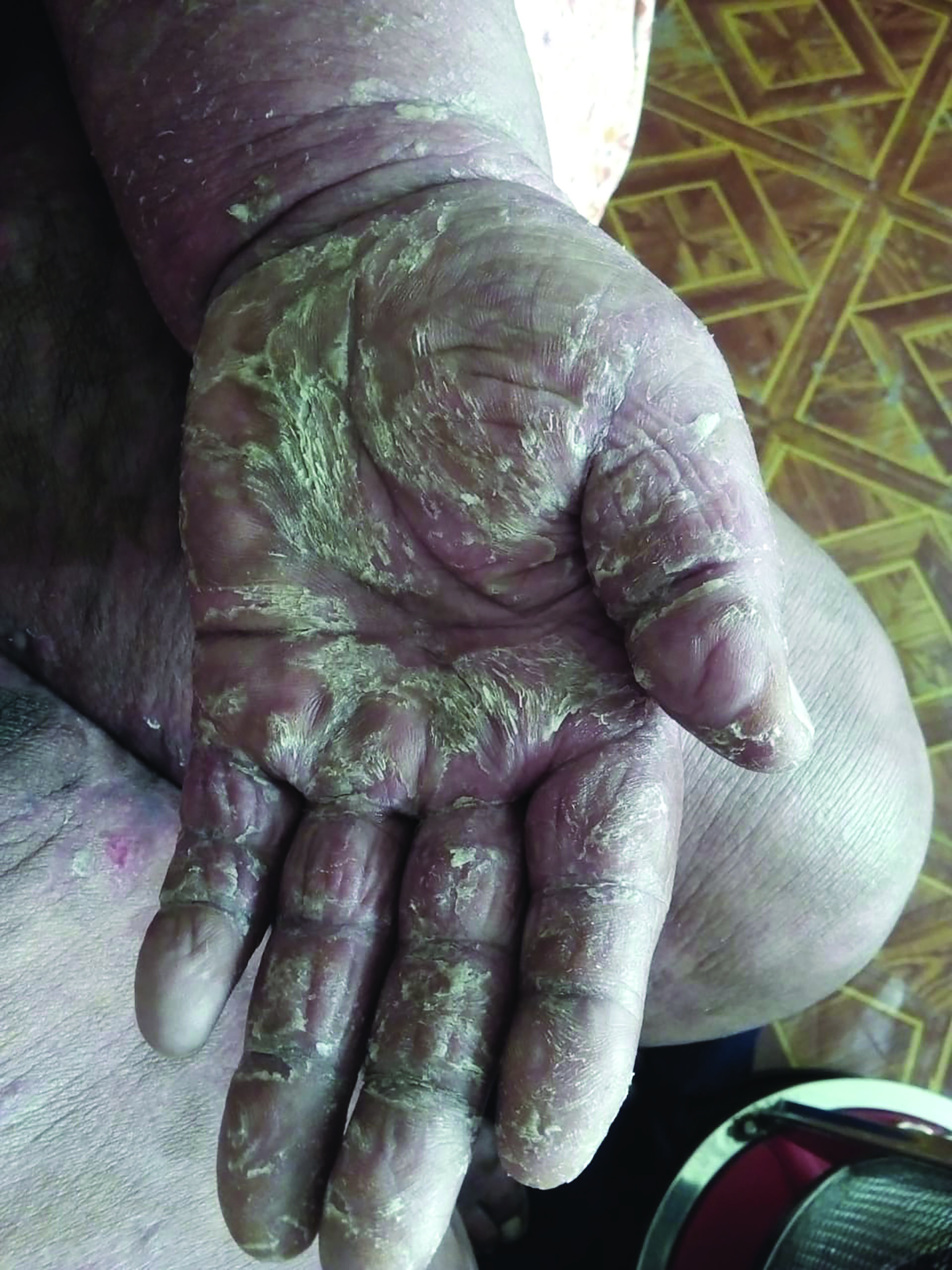A haunting cry in the dead of night shattered the stillness of the Molahli* residence at Ha-Matala in Maseru on April 27, marking the beginning of a nightmare for a young mother and her two-year-old daughter, Polo* (Not real name).
The toddler, clutching herself in agony, whispered words no mother should ever hear: “It is painful.”
Now, months later, while police confirm an investigation is underway, the family continues to grapple with silence, indifference, and a convoluted system that seems to have failed a child in desperate need of protection.
“I woke up to her scream. She was pointing at her private parts. Her cry—God, it was a cry I had never heard before,” recalls MaPolo Molahli* (not real name), Polo’s mother.
“I rushed her to Queen ‘Mamohato Memorial Hospital. The doctor confirmed what I feared. She had old bruises. She had been violated.”
The trauma hasn’t only scarred the two-year-old but it has consumed her mother’s world.
Since that night, the mother has been in and out of hospitals, police stations, social services, and the children’s court, seeking justice and healing for her and her daughter.
“I have been everywhere. The police. Social workers. The court. I was told to wait. I was told someone would call. No one has,” she says, her voice cracking with exhaustion.
A visit to the Department of Social Development confirmed that a file on Polo* does exist.
An unnamed official permitted this publication to review the therapist’s report, which documents chilling signs of abuse through observations from a play therapy session.
Polo*, during the session named the male doll “ntate Karabelo” because he is the one person she hates the most. She used a male paper doll in a way that raised red flags for the therapist, she. She placed the figure beneath her, re-enacting what the therapist interpreted as a traumatic experience.
The report details bruises and tenderness, particularly in her private parts, and noted that these physical and emotional cues pointed to potential sexual abuse.
“The presence of bruises and cuts on Polo*’s body, particularly in her private areas, serves as critical evidence of the abuse she has endured,” the report read.
It added, “These physical manifestations are not only alarming but also highlight the urgent need for a comprehensive evaluation of her situation.”
The report strongly indicated that Polo*’s demonstration during the play therapy is a “Poignant reminder of the complexities surrounding child trauma and the importance of sensitive and informed therapeutic approaches.”
“Her actions while concerning, provide valuable insights into her experience and the need for appropriate interventions. It is imprerative that this case is handled with care, ensuring that she receives the support necessary to heal rom her trauma and regain a sense of safety and control of her life,” he report said.
Most hauntingly, the child had also told her mother that “Ntate Karabelo”—believed to be the son of the day-care owner—had “assaulted her with stones on her genitals.”
In therapy, she reiterated the presence of pain and showed signs of avoidance when touched in specific areas.
One section of the report speculates that the minor cuts found on Polo*’s private area may have been caused by contact with unshaved pubic hair—underscoring the alarming level of detail and gravity involved in her account.
The report further cited that while other children in the day-care appeared unaffected,
Polo was clearly singled out, raising questions about supervision and the overall safety environment. It also acknowledged the limited support structure for single mothers like MaPolo*, who often face systemic barriers in protecting their children.
Inquiries with the Lesotho Mounted Police Service confirmed that a case was formally opened at the Lithabaneng Police Post on March 26, 2025, however, Police Spokesperson Inspector Mpiti Mopeli could not provide further details, citing the sensitivity of the investigation.
“I can confirm that a case was opened and at this point investigations are still underway thus I don’t have enough information to share,” Mopeli said.
Despite this acknowledgment, MaPolo* says the process has felt dismissive and slow.
“They (Lithabaneng Police Post) read the hospital form and said it didn’t look like anything serious. They told me to go to the children’s court. I felt so small, like I was making noise for nothing,” she explains noting she proceeded to Children’s court which wasn’t of much help.
The Southern African Alliance on Youth Employment (SAAYE) Lesotho Chapter has called for immediate accountability.
In a public statement, the group called for investigations into the police handling of the case, the medical practitioner who assessed the child, and the day-care centre allegedly involved where the alleged rape happened.
“We appeal to the Commissioner of Police, Advocate Borotho Matsoso, the Minister of Education, Professor Ntoi Rapapa, and the Minister of Health, Selibe Mochoboroane, to take action. The system cannot continue to fail vulnerable children and their caregivers,” the statement read.
They have further demanded that MaPolo and her daughter be given developmental assistance, legal aid, and psychological support.
“I just want to know what happened to my baby, I want that man to tell me what he did to her. I want justice,” MaPolo said, a simple plea heavy with pain.
*Names have been changed to protect the identity of the child.
Summary
- A haunting cry in the dead of night shattered the stillness of the Molahli* residence at Ha-Matala in Maseru on April 27, marking the beginning of a nightmare for a young mother and her two-year-old daughter, Polo* (Not real name).
- It is imprerative that this case is handled with care, ensuring that she receives the support necessary to heal rom her trauma and regain a sense of safety and control of her life,” he report said.
- Most hauntingly, the child had also told her mother that “Ntate Karabelo”—believed to be the son of the day-care owner—had “assaulted her with stones on her genitals.

Relebohile Makhetha is a court and crime reporter based in Maseru. She has been working at Newsday since 2024. She holds a Bachelor’s Degree in Professional Communication from Limkokwing University of Creative Technology (2024) and a Diploma in Mass Communication from the National University of Lesotho (Institute of Extra-Mural Studies, 2018).







